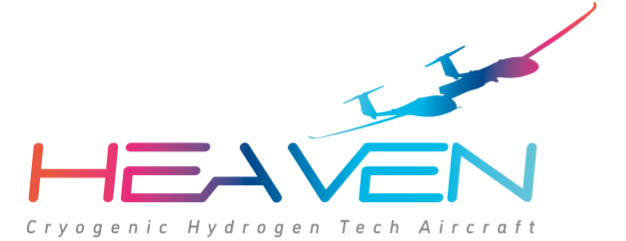Let’s try to clarify why joint undertaking is so important in Europe and how it impacts the future of hydrogen and fuel cells.
The Joint Undertakings recently launched a common brochure mirroring their efforts as European public-private partnerships (PPPs) driving innovation in key industrial sectors and tackle urgent societal challenges with a quick and close-to-market approach. JUs have been demonstrating their ability to deliver results that are both scientifically excellent and have practical applications in areas that are vital to Europe’s competitiveness.
The Fuel Cell and Hydrogen Joint Undertaking (FCH JU) is a unique PPP between the European Commission and Hydrogen Industry (Hydrogen Europe). The FCH JU contributes to the development of sustainable and competitive fuel cells and hydrogen technologies in Europe. FCH JU supports innovative hydrogen solutions for sustainable energy and transport applications and for sectorial integration to help the EU reach its decarbonisation targets and strengthen its industrial competitiveness.
Let’s take a closer look at the figures of the FCH JU. It gives support to 262 R&I projects, is endowed with 978 million euro funding (complemented by 1 bn euro from private sources), contemplates two hydrogen valleys (Orkney Islands and Northern Netherlands and benefits 11 european regions from project development assistance. 50 countries participate in this kind of initiative.
FCH JU achievements have been creating low-carbon and sustainable solutions, enabling market entry for new products, as it strives to make hydrogen and fuel cell products an everyday reality in Europe. Transport is a challenging sector to decarbonise. FCH JU has funded a series of flagship bus, car and refuelling infrastructure projects: over 2000 cars and vans and more than 300 buses are currently under deployment; 101 HRS1 are currently being demonstrated. Because research has significantly enhanced the performance of hydrogen fuel cells, the FCH JU oversees their application to heavy-duty, trains, maritime and aviation sectors. This is exactly where the Heaven Project finds its raison d’être, although there are other programs intimately connected to the future of aviation such as Clean Sky and Sesar.

